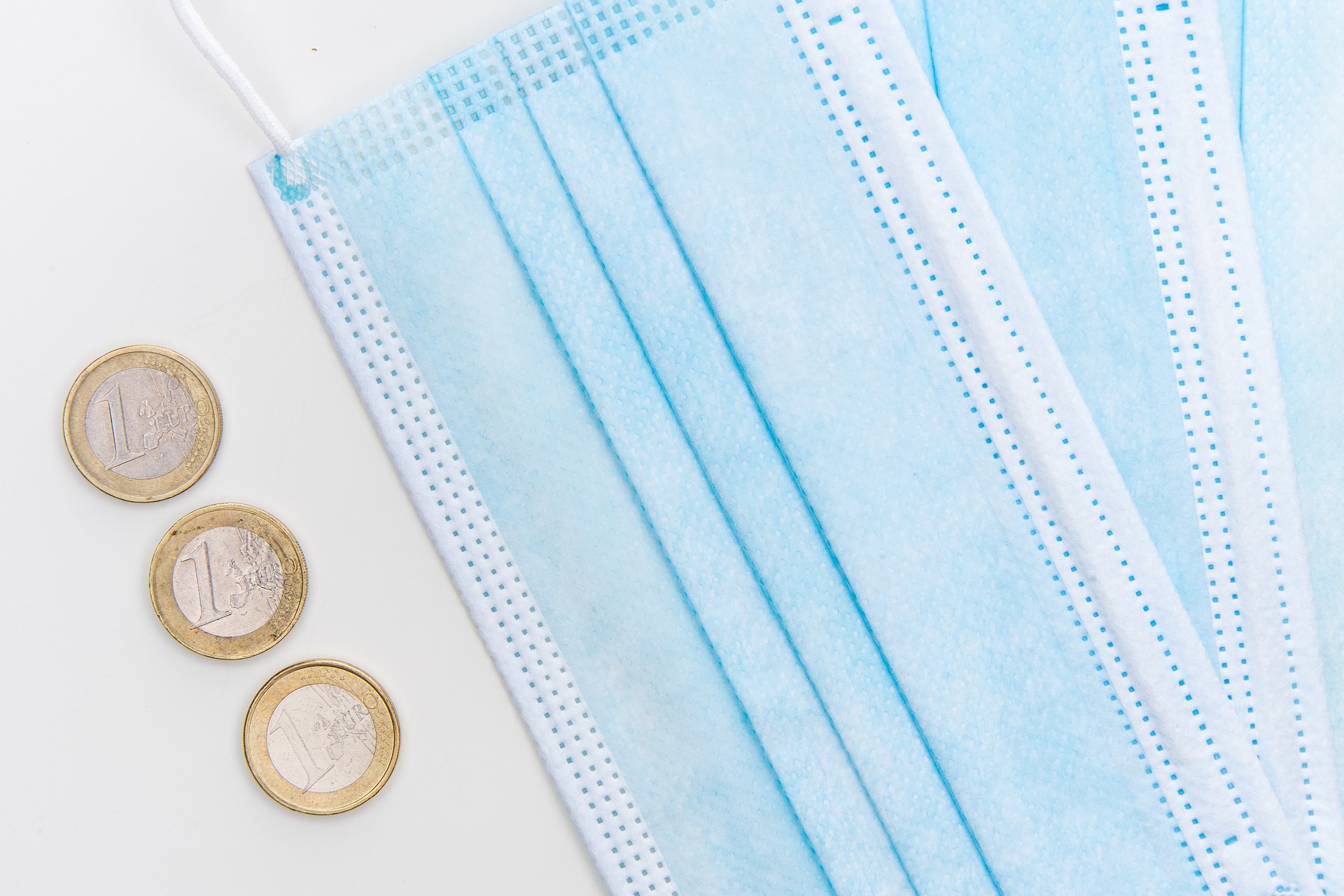News release
From:
Save your pennies - Exposure to the Covid-19 pandemic environment and generosity
Experimentally-elicited donations toward an uknown cause to charity decrease during the initial explosive growth of the Covid-19 pandemic under a strict lockdown, particularly among older individuals. Our analysis of the mechanisms behind the detected decrease in generosity suggests that expectations about others’ behavior, perceived mortality risk, and (alarming) information play a key—but independent—role for behavioral adaptation. These results indicate that social behavior is quickly adjusted in response to the pandemic environment.
Save your pennies – People became more stingy when the pandemic struck, particularly older adults. Spanish participants were asked how much of a potential cash prize they would donate to charity in two sessions during the initial explosive growth of the Covid-19 pandemic in March 2020. The amount donated by the over-40s decreased significantly in the second study cohort and suggests social behaviour adjusted rapidly in response to the pandemic.



 International
International



